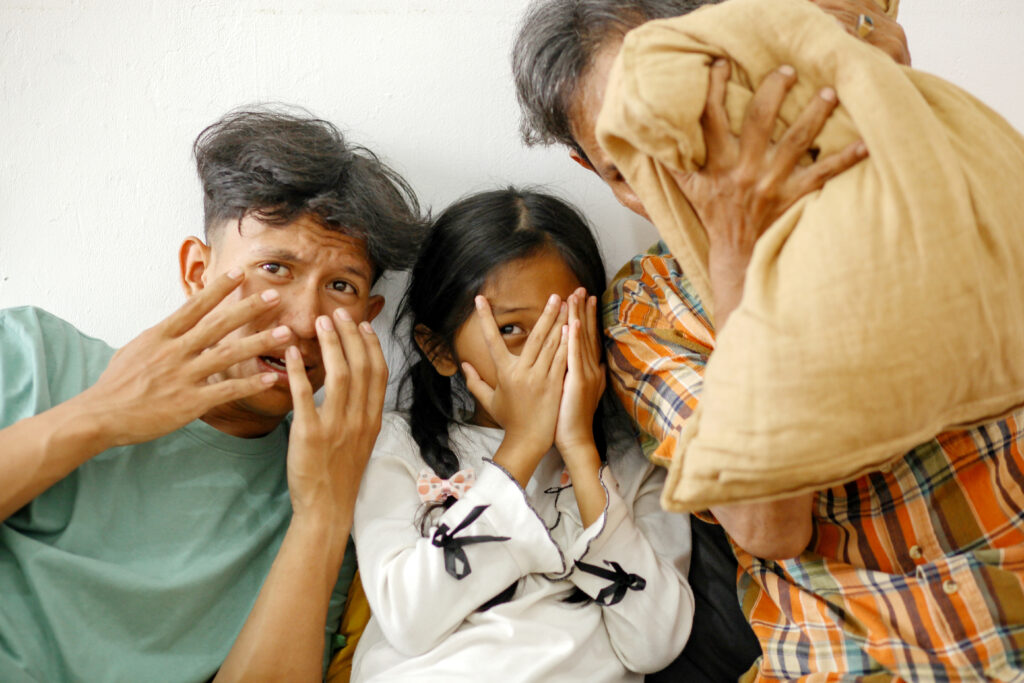CMS to launch new Patient-Driven Payment Model October 2019.
The Centers for Medicare & Medicaid Services (CMS) was tired of paying too much for care in nursing homes. They were tired of fighting with lawyers and consultants driving up payments and gaming the system.
CMS is finally replacing the Resource Utilization Group System (or “RUGs”) with a new system: The Patient-Driven Payment Model, or “PDPM.” The new system becomes effective on Oct. 1, 2019.
Skilled nursing homes are paid a per-diem payment by Medicare under the RUG system. The new PDPM system is also a per-diem payment method.
The RUG payment model was largely driven by the number of minutes of physical, occupational, and speech therapy provided, as well as a score for the assistance the patient required to perform activities of daily living (or “ADL.”) The highest payments were for “ultra-high” claims. To qualify the patient for such payments, the patient had to have more than 720 minutes of therapy, and it had to include a combination of physical, occupational, and speech therapy.
The RUG levels are the following:
- Ultra High: at least 720 minutes. Minimum two disciplines, one at least five days.
- Very High: at least 500 minutes. Minimum one discipline, five days.
- High: at least 325 minutes. Minimum one discipline, five days.
- Medium: at least 150 minutes. Minimum five days.
- Low: at least 45 minutes. Minimum three days.
So here is what frustrated CMS. There are a number of nursing homes that currently bill every patient as an ultra-high claim. In court and under appeal, they argue their patients require this care. Every patient is supposedly getting more than 720 minutes of therapy.
A lot of those nursing homes are here in South Florida. It is an unequal spread across the country. CMS thought they were getting ripped off, and that could be true. It became a cottage industry for physical therapy providers and nursing homes to work together to increase their payments.
PDPM is called “patient-driven” because payments are now driven by the patients’ CMI, or case mix index. The CMI is based on functional scoring and not minutes of service. Nursing homes wanting to push up payments are now going to have to do something more complicated than providing minutes of service; they will have to try to push up the functional scores that drive CMI. Here is a snapshot of the new payment model:

Under PDPM, again, therapy will be paid on a per-diem basis instead of driving a higher rate based on minutes. In addition, the payment will drop for therapy the longer the patient is in the nursing home.

In conclusion, if this experiment by CMS works, look for more of the same in payment methodology from CMS. At the very least, it will take providers a while to find a new way to increase payments. Also, look for an uneven spread of the pain of regulatory change.
Comment on this article


























